Keynote Speakers
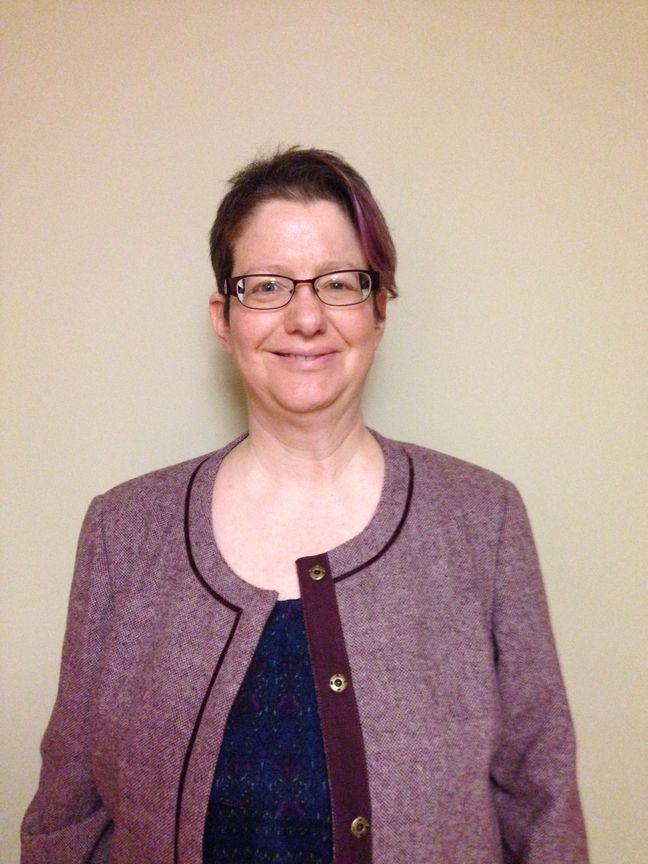
Dr. Nola Etkin
University of Prince Edward Island
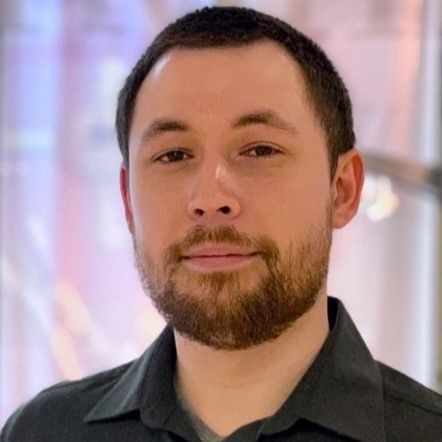
Dr. Alex J. Veinot
Western University
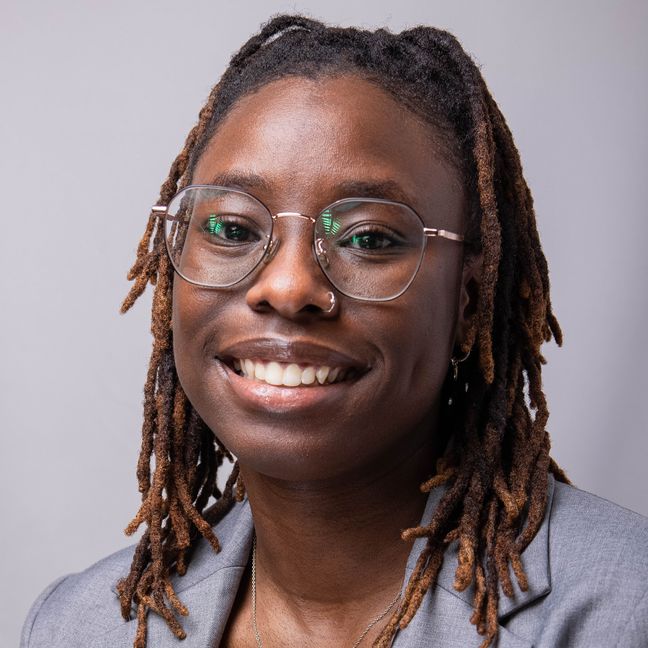
Zainab Bello
Dalhousie University
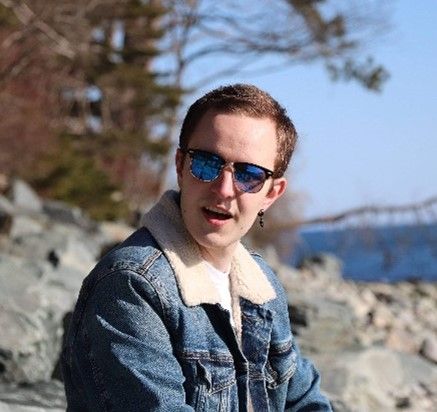
Nick Roberts
Dalhousie University
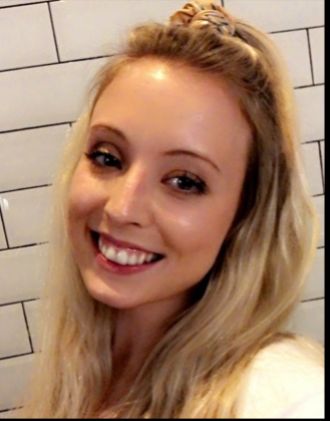
Dreenan Shea
Dalhousie University
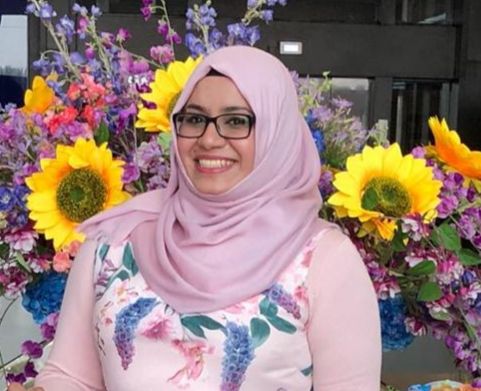
Sana Murtaza
Dalhousie University
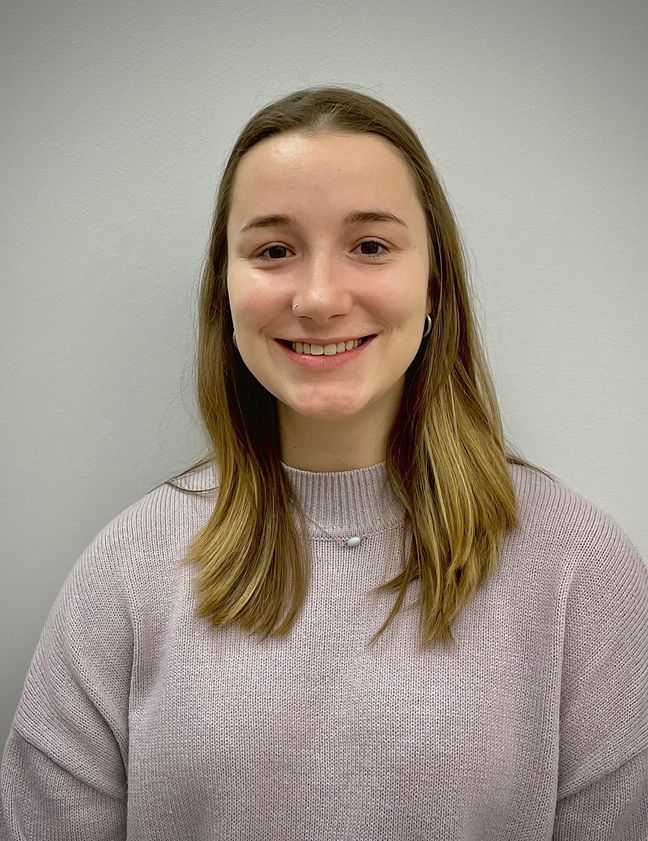
Sarah Martell
Dalhousie University